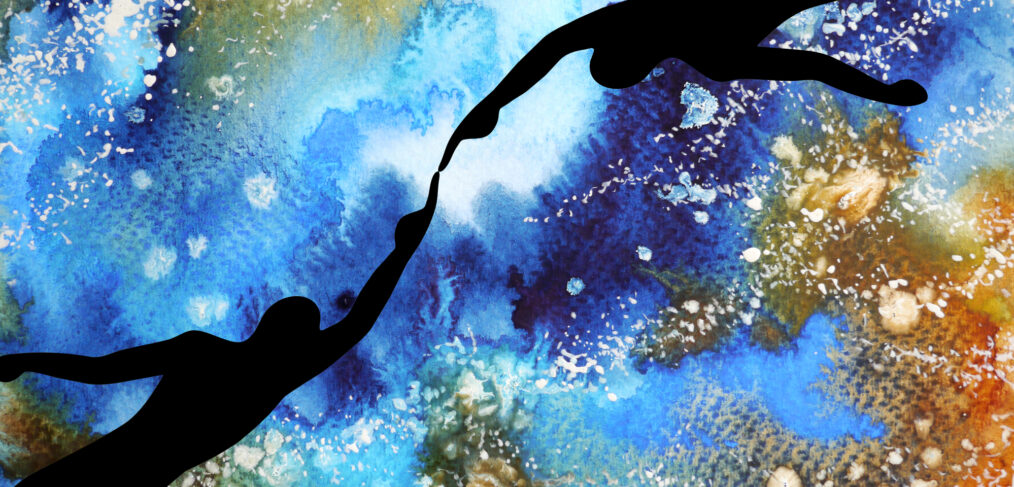Most people have a vision for who they are and how they live. This includes how they interact with others, how much they eat and drink, exercise, and sleep patterns. It also might include how much time they devote to their family, job, or passions. You won’t always live your life in a way that is entirely consistent with that vision—no one can—but how you react to missteps is key to making your vision realistic. If you constantly berate yourself over something you did or didn’t do, you’re making it more than it should be and denying part of who you are. If you incorporate imperfection into your vision, you will be much more likely to realize it.
It’s hard to be away from those we love. We may feel longing or loss. We may even think that we aren’t a significant part of the other person’s life—that you’re not on their mind or in their heart anymore. While these feelings are natural, it’s important not to let them diminish the fact that you are your own person—independent and strong. It may not always feel that way, but each of us has an independent person inside us, needing nurturing and care—not from another person, but from ourselves. If you are always with another person, you may rely heavily on that other person for your identity and emotional state, which can lead to an unhealthy reliance on that person. This can become chronic and damaging. Some couples or friends spend a lot of time together in very healthy ways. But if you become emotionally dependent on the other person, that’s a problem.
I just returned from an annual weekend in the woods with my college friends. We do this every year, and this year was our fortieth!! I (obviously) love spending time with those guys, and we know each other as well as friends can. We spend time catching up, “reveling,” making chili, and playing cards (pitch). For the duration of the event, we are with each other every moment. There are few people I would be able or willing to spend this much time with all in one go, but these guys are in that category. It is still a challenge, not because of anything they do, but because being with people generally is challenging for me—especially when it’s constant and for an extended time. The introversion voice is strong.
Vulnerability is often thought of as a negative state. It is clearly negative in many contexts, such as business strategy, physical infrastructure, or national security. From the perspective of an individual, vulnerability can also feel negative. When you’re vulnerable, there is a greater chance you’ll be hurt, embarrassed, or will fail. But it’s also true that allowing yourself to be vulnerable is a meaningful way to learn (particularly about yourself), grow, and find opportunities you may otherwise have missed.
As we move through our days, we may live active, productive, and even meaningful lives. But something may still be missing. It may be hard to put our fingers on it. One possible reason for this is the failure to be intentional about fundamental aspects of our lives—mind, body, and spirit—the three pillars of life. Most of us engage with these pillars to some degree: we exercise, we challenge ourselves mentally, or we have healthy spiritual lives. But how many of us consistently engage with all three pillars intentionally and regularly? When we do, we’ll find that our lives are enhanced—in ways that we may not even realize.





